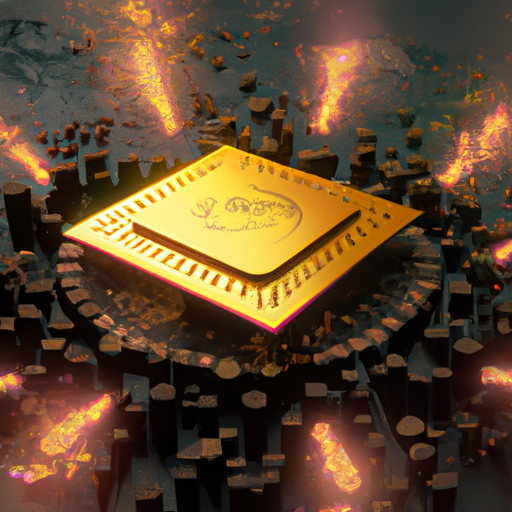
A LessWrong comment claims that nanocomputers based on rod logic will be unable to operate precisely enough to work well at room temperature due to "thermal excitation of their translational motion".
This market resolves YES if, at close time, I'm convinced that the comment is basically correct and makes Drexler's rod logic computer design ideas from chapter 12 of Nanosystems unworkable. It resolves NO if I think the comment is mistaken either in physics or some understanding of Nanosystems, and thermal noise in translation is no barrier to rod logic. If the problem can be patched using only existing ideas in the field of nanotechnology, the market also resolves NO-- this is because the comment makes the strong claim that "Assemblies like this in general, not just the nanomechanical computer, aren't going to operate with nanometer precision at room temperature."
If I am unsure, I will resolve PROB to my credence at close time. I will try to avoid this by talking to at least one physics PhD.
As this is just an internet comment and Nanosystems is a PhD thesis, the burden of proof will be on the YES side. However, if I am about to resolve, either side may appeal by paying me M$1000. I will then try to track down Eric Drexler, the author of this comment, and another physics PhD and try to understand their further arguments.
I will not trade in this market, and will try my best to be truth-seeking. The market description may change if I made some obvious mistake or if Muireall endorses a different description.
People are also trading
@traders Anyone know how to get in touch with the creator? Seems like this can't resolve without their help.
I’ve only skimmed so far, but this looks like a nice piece of work.
My first intuition would be to prefer to build such a nanocomputer in low temperature environments, where thermal noise would be suppressed, and even small applications of power can drive thermal gradients that can do useful work. Probably i would try to do it in a superfluidic environment?
Do you have a feeling for how workable/unworkable this would be?
@QuantumObserver Low temperature would suppress thermal noise at high frequency and major dissipation channels, yes. Friction and local heating become bigger concerns. I haven't given much thought to possible cold designs since it seems likely electronics benefit at least as much as mechanics.
@MuireallPrase Yeah, that’s why all the cool (hah!) reversible computing ideas assume mK systems. AFAICT nanoscale heat transfer at cryogenic temperatures (< 1 K) is very poorly understood and I would not want to use mechanical stuff at that regime.